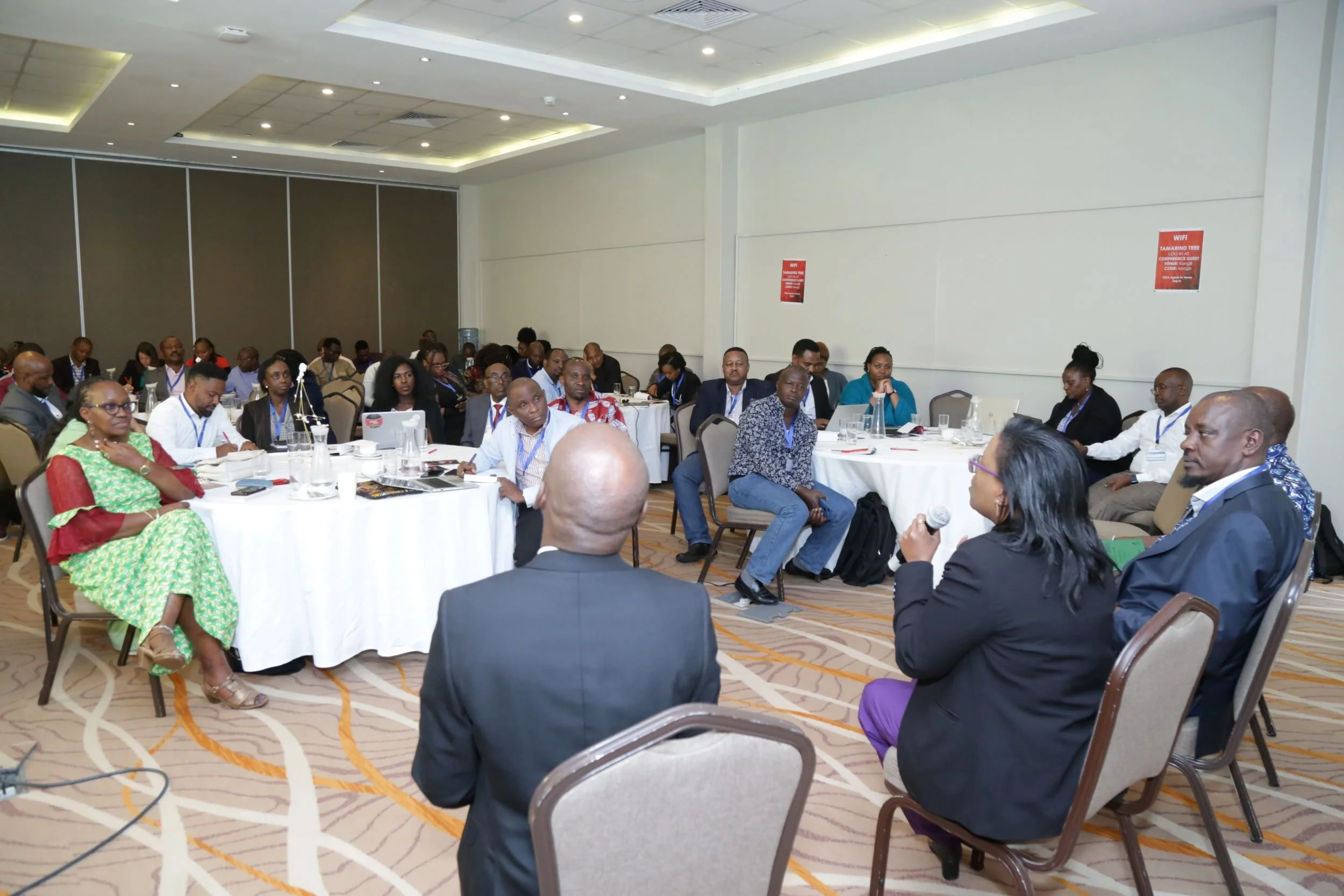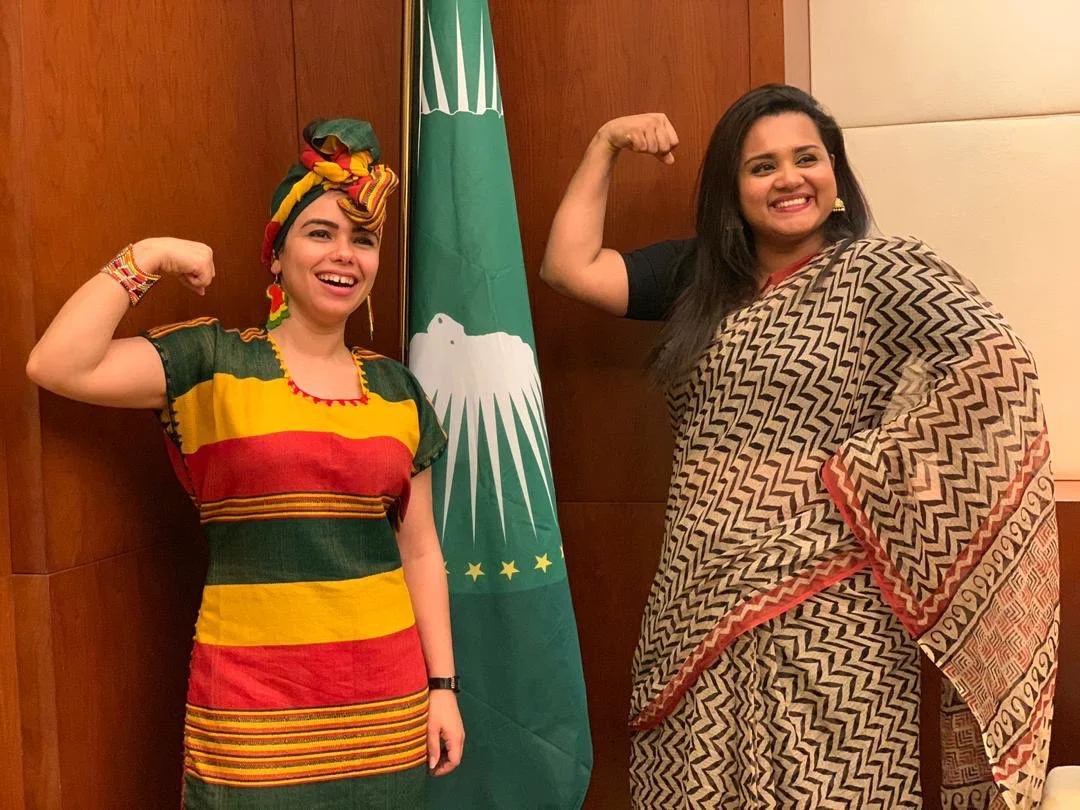We, The Youth Cafe, recognise the urgency of addressing climate change, with Africa facing heightened vulnerability to its devastating impacts. The latest findings from the IPCC’s Special Report on Global Warming reveal that our planet is now 1.1 degrees Celsius warmer than pre-industrial levels, with projections indicating a potential 1.5-degree threshold as early as 2040. Disturbingly, each successive decade since 1850 has been more generous than the last. The escalating temperature trend driven by human-induced greenhouse emissions threatens health, food security, and economic stability. According to the World Health Organization (WHO), approximately 250,000 deaths per year may be directly linked to climate change-related issues such as heat stress, malnutrition, vector-borne diseases and water-borne diseases.
Improving Community Reslience To Tuberculosis And Other Lung Diseases.
Tuberculosis (TB) remains a global threat to public health and is the leading cause of death by a single infectious agent with 1.4 million deaths in 2019. An estimated 10 million people developed TB disease but only 7.1 million (70%) were notified. The global TB targets aim at a 95% reduction in TB deaths, a 90% reduction in incidence compared to 2015, and 0% TB-affected families facing catastrophic costs due to TB by 2035.
World Malaria Day 2022 | Harnessing Innovation To Reduce The Malaria Disease Burden And Save Lives.
World Malaria Day (WMD) is an international observance commemorated every year on the 25th of April. It is a day set aside to recognize the global efforts in combating Malaria. WMD, first observed in 2008, evolved out of Africa Malaria Day, which had been observed annually since 2001, when African Leaders meeting under the auspices of the African Union signed the Abuja Declaration, committing to step-up efforts in fighting and eradicating Malaria in Africa. The theme for World Malaria Day 2022 is to harness innovation to reduce the malaria disease burden and save lives.
Excerpt One From A Recent Interview With University College London | State Of Social Enterprises Ecosystems In Kenya
Earlier this year, The Youth Café was interviewed by Eliana Summer-Galai, a Masters student with the Institute of Global Prosperity at University College London (UCL). This interview was to provide insight into her research on the Kenyan Social Enterprise Ecosystem. The questions asked and our responses form a series of 8 blog posts dissecting important issues with regard to the Social Enterprise Ecosystem in Kenya. This is the first post of the series on more about The Youth Café.
Young People can Capably Lead Africa Into the Future | The Youth Cafe
By Aya Chebbi, African Union Youth Envoy
Aya Chebbi of Tunisia is the first-ever youth envoy of the African Union. Her appointment in November 2018 boosts the AU’s efforts to include the talents and skills of the continent’s bulging youth population in achieving its Agenda 2063, a framework for Africa’s socioeconomic transformation. Ms. Chebbi is expected to promote, among other issues, youth leadership and participation in governance, gender equality, safe migration, employment and climate change action. Raphael Obonyo, a youth activist, interviewed Ms. Chebbi for Africa Renewal on a range of issues affecting Africa’s young people. These are excerpts.






